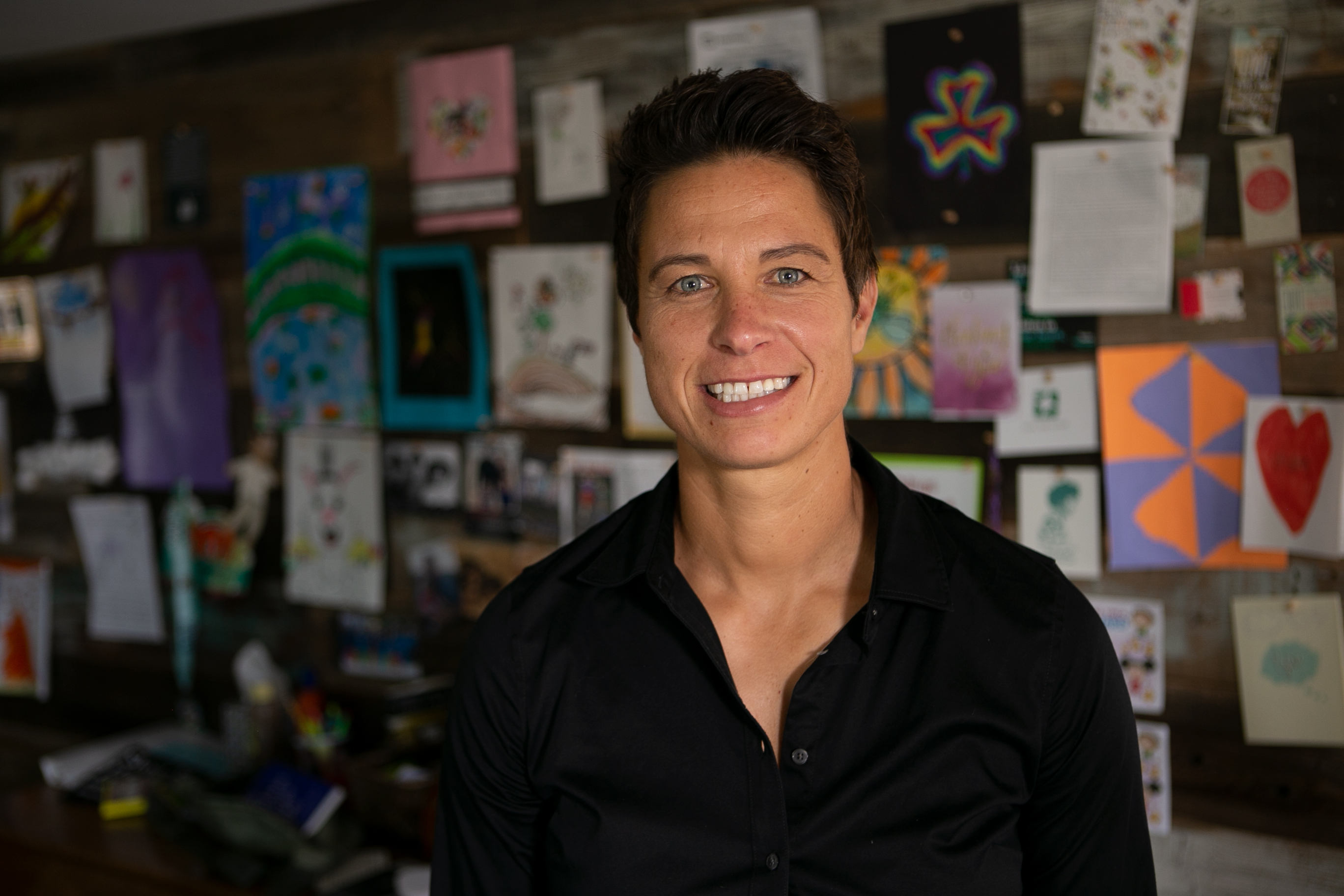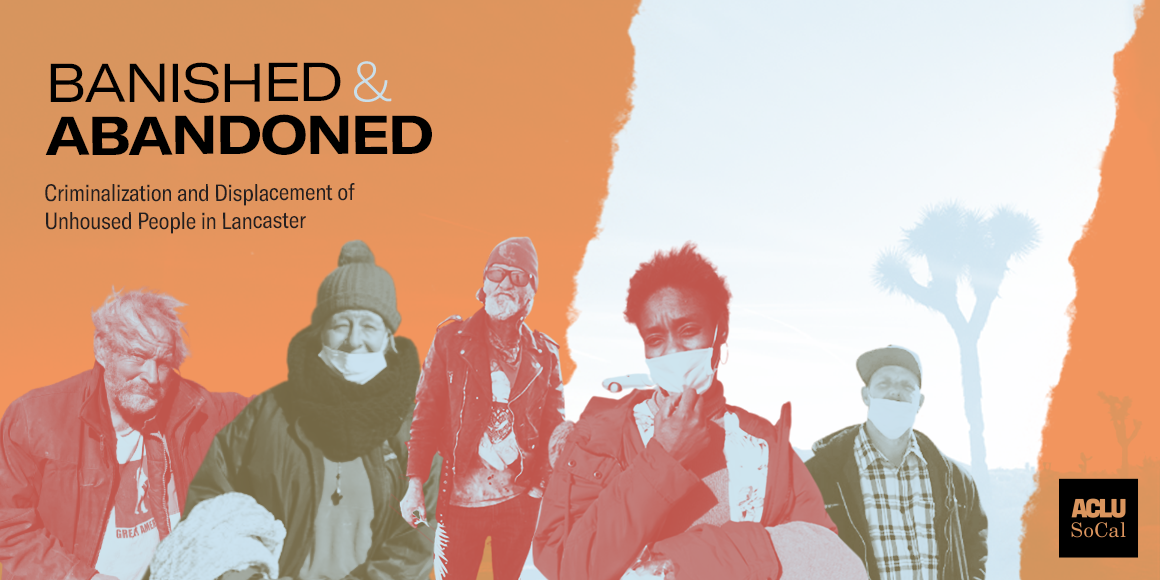Views reflected are my own and not representative of the Orange County Fire Authority
It had been three and a half weeks since I had my son Luke, and I was preparing to return to work as a firefighter at the OC Fire Authority. I had never been away from work that long—after ten days I start to feel antsy and as though I am lacking purpose. This time was different. All I wanted to do was hold my baby and not let go. My partner assured me that Luke was going to be ok, and I knew there were no better hands for him to be in than hers. I grabbed some breakfast and coffee and ran out the door.
I had recently transferred to a new fire station—a move that came with additional responsibilities. There was a lot to learn, which was perfect, because I wanted to stay as busy as possible to keep my mind off missing my son. As soon as I got to the station, the tones went off, indicating that there was a call. There was an explosion at a school, cause undetermined; we had 60 seconds to get dressed and go.
We got to the school and the walls were blown out. A huge water heater had exploded but fortunately no one was injured or killed. While we were dealing with the explosion, I could feel under my uniform that my breasts were getting hard, and it was time to pump.
Once we got back to the station, I tried to figure out the best place to get this done. First and foremost, I wanted to be discreet and not in anyone’s way. I decided the restroom would be my best bet. There was electricity, a table and sink—I got this! At any moment we could get another call. I needed to get this milk out of me.
The fire station had two restrooms that were both multi-user, rather than one men’s restroom and one women’s restroom. I entered the multi-user restroom and locked the door. I couldn’t find a chair, so I sat on the sink. There was a radio playing Metallica, and the lighting was so bright it reminded me of being in a dental office. I took off my shirt and started hooking up my pump. I felt so exposed, but I was going to make this happen. While I was pumping, someone tried to come into the restroom. The door slammed against the lock, and I felt a surge of adrenaline rush through my body. I felt so vulnerable with my shirt off, and I was hoping this machine would just hurry up. Five minutes later, someone tried to come in again. I remember wondering if the surge of stress hormones would affect my breast milk negatively. I finally finished and put my milk in my bag. Mission accomplished—but that really sucked. And I was going to need to pump again every two hours.
This process was so stressful because there was no designated women’s restroom or lactation room—around 25% of fire stations in the OC do not have a dedicated women’s restroom. I often think what would happen if you went to a restaurant, and there was no women’s restroom. People would be outraged and there would be a lawsuit within the first week. But in the fire service, it is commonplace. Oftentimes, after fighting a fire, the women wait until the men finish showering to use the bathroom, marinating in carcinogens from the fire.
Gender discrimination in fire departments is evidenced by the structure of the stations themselves—no women’s restrooms, no lactation room, and equipment and uniforms made for men’s bodies. The fire station was not built with women in mind, because the assumption for decades has been that only men were firefighters. This remains true across the country: the U.S. Department of Labor reports that only 4% of firefighters are women. The statistic is even lower in the OC, where only 2% of firefighters are women. Even as women’s participation in other male-dominated industries has seen a steady rise, firefighting has remained stagnant. This reflects a multitude of problems from recruitment and hiring, to discrimination and harassment, to the lack of spaces like women’s restrooms and lactation rooms.
I decided that there had to be a better way. Firefighter mamas should be considered part of the fire family, too. I worked in collaboration with the ACLU SoCal to educate management on the applicable laws and the importance of creating designated lactation rooms and separate women’s restrooms in all fire stations. OCFA authorized the building and designation of lactation rooms and women’s restrooms in every fire station in the county, and I served as the auditor to guide the fire authority on how to achieve this goal.
Today, OCFA is one of the first fire departments in the country to put a lactation room in all 77 of its fire stations. We still have a long way to go to ensure that firefighting is a safe, healthy, and welcoming job for women, but building rooms for people to pump breastmilk is a huge step in the right direction.
Lauren Andrade is a firefighter for the Orange County Fire Authority.
Date
Thursday, March 18, 2021 - 8:15amFeatured image

